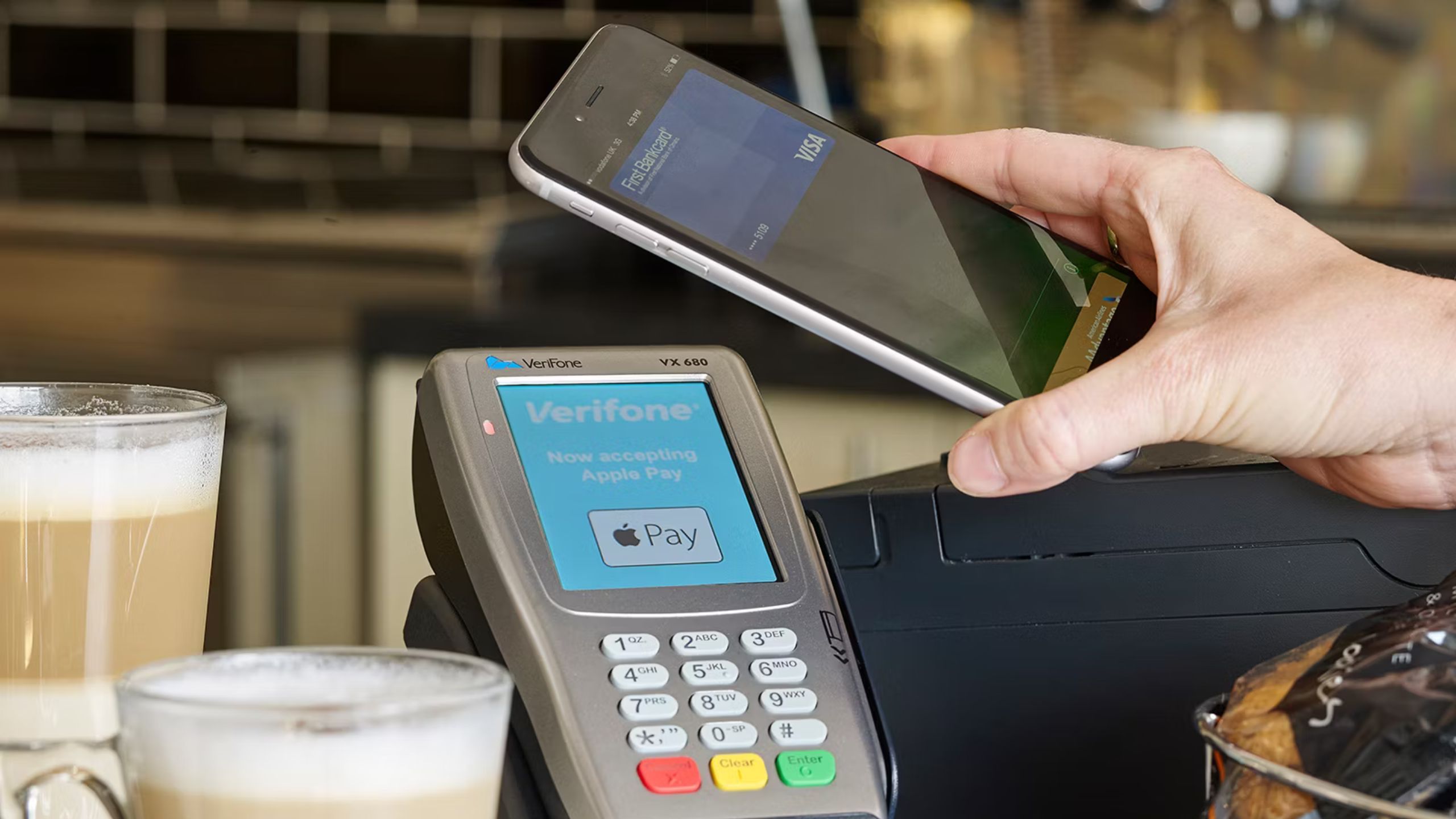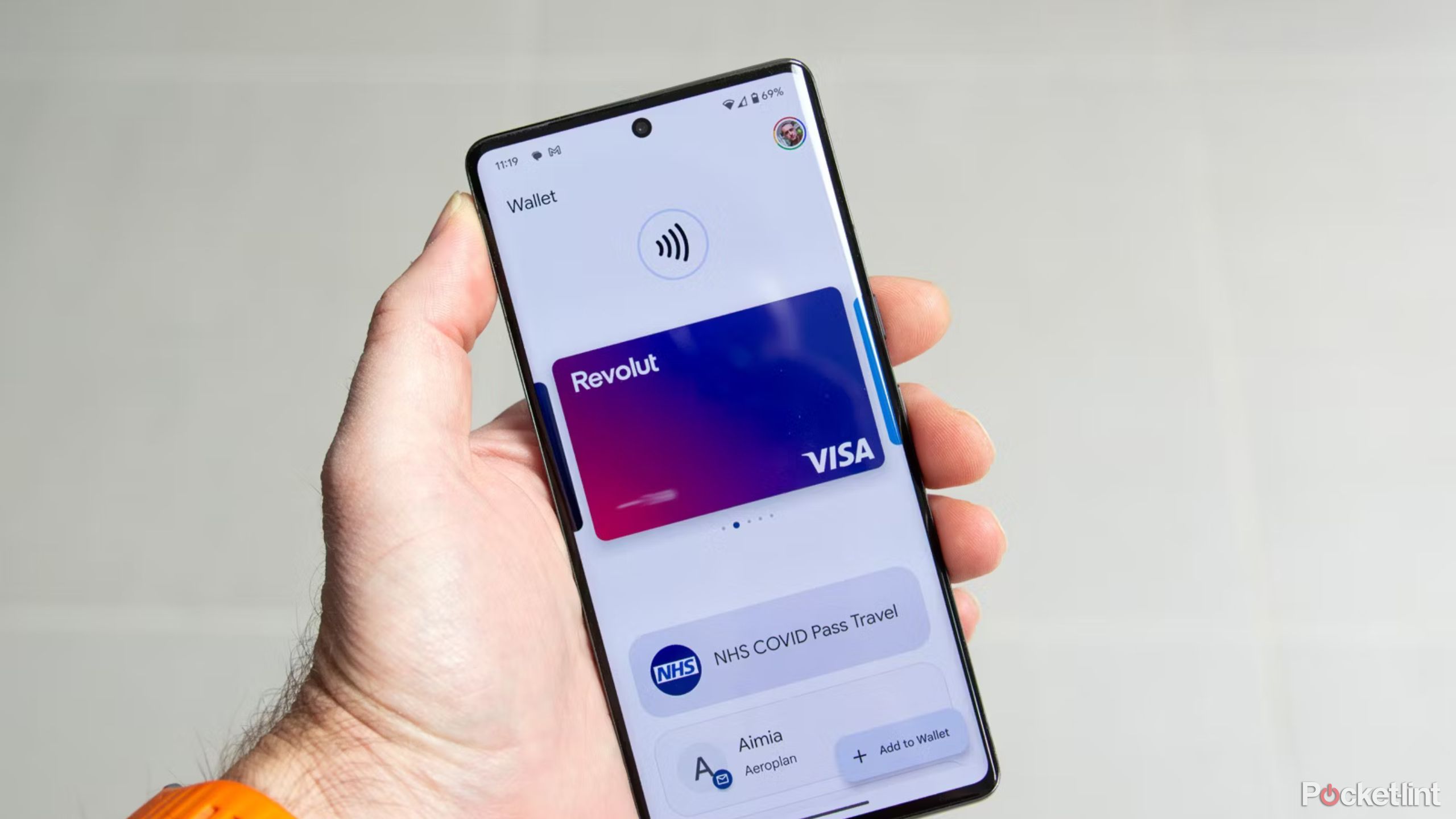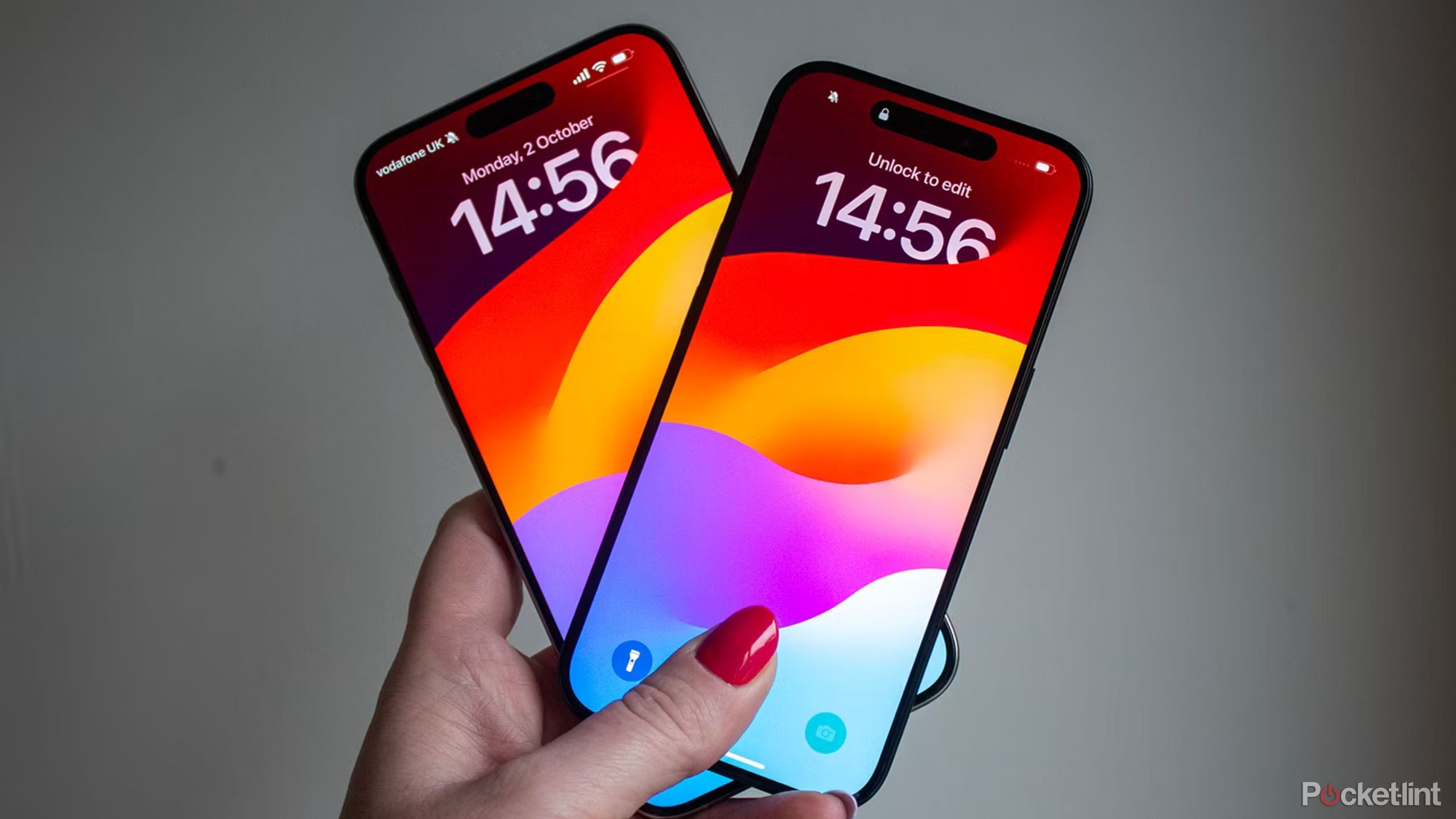
Key Takeaways
- Apple has made commitments to open up the iPhone’s NFC {hardware} to third-party cellular fee apps in response to EU truthful competitors guidelines.
- These commitments embody granting entry to NFC {hardware} by APIs, offering extra options for fee apps, and establishing dispute settlement mechanisms.
- If Apple fails to adjust to these commitments, it might face fines of as much as 10% of its international turnover, which might quantity to almost $40 billion.
Apple is a worldwide model that sells its services worldwide. If you wish to function in sure markets, nonetheless, then it’s a must to abide by their guidelines. The Digital Markets Act (DMA) is a European Union regulation that’s meant to make the digital sector inside Europe fairer and extra aggressive, and since Apple sells merchandise throughout the EU, it has to abide by the Union’s guidelines.
This has already precipitated Apple to make adjustments to its merchandise, comparable to making the leap from Lighting ports to USB-C, and can see iPhone customers have the choice to install apps exterior of Apple’s App Retailer, throughout the EU not less than. Now, the EU has set its sights on the iPhone’s Apple Pay cellular pockets app, which the European Fee believes doesn’t enable for truthful competitors.
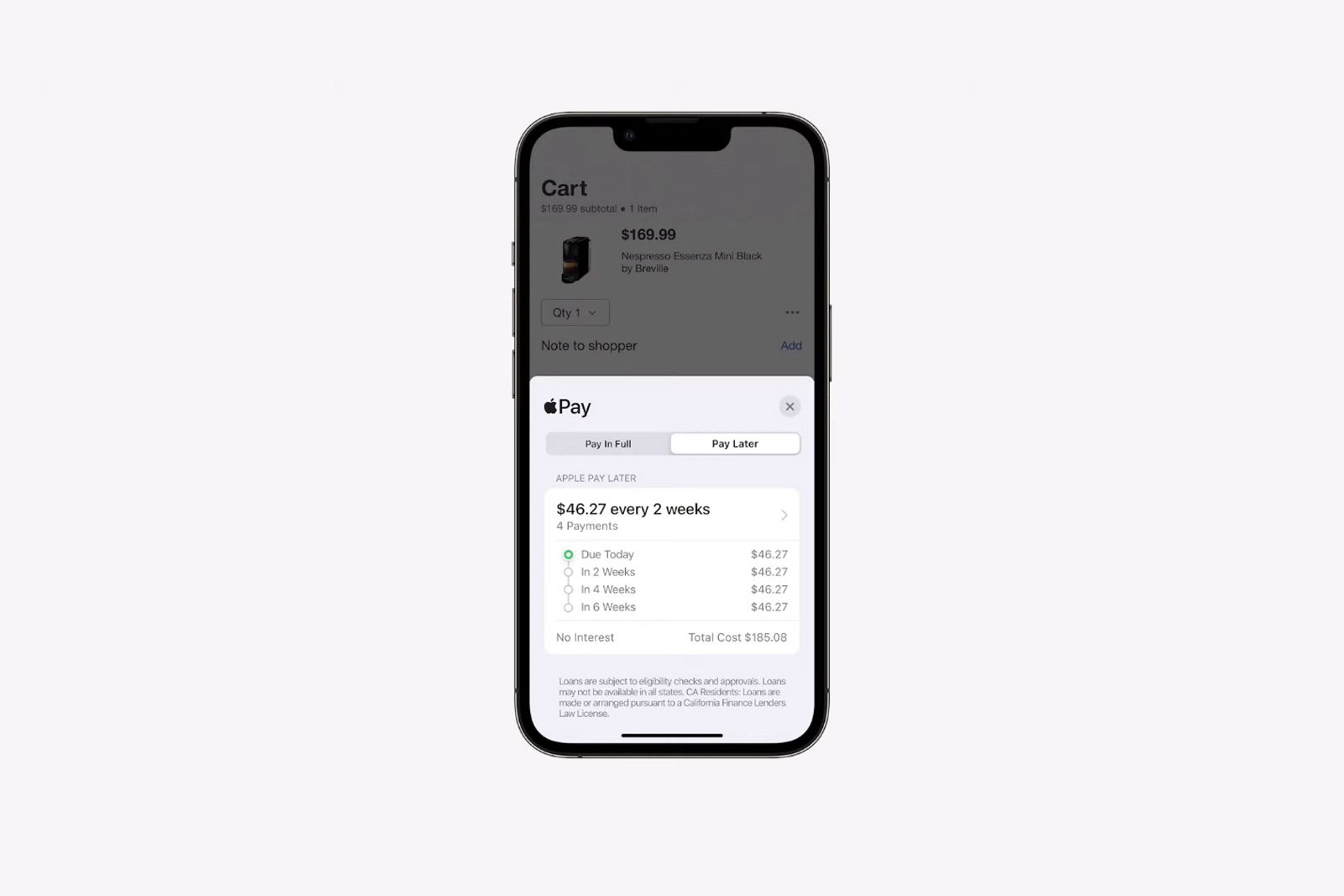
Apple Pay Later allows you to split a purchase into four payments with no fees
Apple is bringing new options to the iPhone when it launches iOS 16 later this 12 months, together with some vital new choices in Apple Pay.
In a current press release, the European Fee revealed a set of commitments the corporate has agreed to to be able to stop itself from being present in breach of the bloc’s strict truthful competitors laws. It’s because the Fee believes that by solely permitting its personal Apple Pay cellular pockets app entry to the iPhone’s NFC (Near Field Communication) {hardware}, Apple is proscribing competitors from different cellular pockets fee apps. As an example, proper now you may’t use cellular pockets apps from Samsung or Google on an iPhone as a result of Apple does not enable it.
If Apple’s commitments are made legally binding, and it breaks them inside a 10-year window, then the corporate might discover itself going through a nice within the billions of {dollars}. What has Apple pledged, why has it been compelled into this place, and what does it imply for the way forward for iOS? Here is all it is advisable to know.
Why is the European Fee investigating Apple?
The European Union (EU) is an financial and political union of 27 states situated inside or close to Europe. The EU creates insurance policies that apply throughout all 27 states and to any enterprise that operates in these states.
The EU’s insurance policies cowl a variety of areas, from healthcare and the atmosphere to taxation and worldwide safety. It additionally has among the strongest insurance policies on this planet with regards to truthful competitors in enterprise. Since Apple sells merchandise throughout the EU, its enterprise practices are topic to scrutiny by the European Fee, particularly below its Digital Markets Act (DMA).
In 2020, the Fee opened formal investigations into Apple to find out whether or not the corporate’s implementation of Apple Pay violates EU competitors guidelines.
Verifone
What does the European Fee deem unfair about Apple’s conduct with Apple Pay?
The formal investigation into Apple Pay first opened in June 2020. The priority was that on an iPhone, Apple Pay is the one cellular pockets app that is ready to entry the iPhone’s NFC {hardware}. That is the know-how that makes contactless funds potential when utilizing Apple Pay or other mobile wallet payment systems. Since third-party cellular pockets apps usually are not granted entry to the iPhone’s NFC {hardware} or software program, the European Fee thought of that this may increasingly breach its truthful competitors guidelines.
In Could 2022, the Fee knowledgeable the tech big that the preliminary findings had been that Apple withholding entry to the NFC {hardware} could limit cellular fee app market competitors since different cellular fee apps had been at a transparent drawback when in comparison with Apple Pay.
In response to this, Apple made a collection of commitments with regard to iOS and Apple Pay which are designed to place the iPhone again in keeping with the EU’s truthful competitors guidelines.
What has Apple pledged concerning opening up the iPhone’s NFC options?
Apple has made a variety of vital pledges to attempt to adjust to the EU truthful competitors guidelines. These embody:
- Permitting third-party cellular wallets and fee techniques to entry the NFC {hardware} on the iPhone by a set of APIs (Utility Programming Interfaces). This entry can be granted freed from cost.
- To use the commitments to all third-party cellular pockets app builders within the European Financial Space (EEA) and to all iOS customers who’re registered within the EEA. Apple may even not stop the usage of these apps for funds made exterior the EEA.
- To supply extra options comparable to the flexibility to decide on a most popular fee app, entry to Face ID for authentication, and safety features.
- To use truthful eligibility standards for granting NFC entry to third-party cellular pockets app builders.
- To ascertain a mechanism for dispute settlement in order that any choices by Apple to disclaim entry to the NFC {hardware} could be independently reviewed.
These commitments would stay in power for a interval of 10 years and can be monitored by a trustee who would report back to the European Fee. You may see a full transcript of the communication from the Fee concerning Apple cellular funds on the EU web site.
What occurs subsequent?
The European Fee put out a press release summarizing all the above, inviting touch upon the proposals from events, which should be submitted inside one month of the publication of the communication, which was launched on Jan. 19. Barring any objections throughout this era, the Fee intends to make Apple’s commitments binding.
Nevertheless, if there are vital objections from third events, the European Fee will search to work with Apple to amend the commitments to deal with any points which have arisen within the session interval. All of which may take time.
A spokesperson for the European Fee indicated that making amendments of this sort in gentle of points raised by third events can take a number of months.
Even when the European Fee does resolve to make Apple’s commitments binding, it could be the case that Apple will not have to start out abiding by them till subsequent 12 months and even later. The ultimate commitments is also fairly completely different from these presently being proposed.
What would occur if Apple didn’t reside as much as its commitments?
As soon as these commitments are declared binding by the European Fee, Apple can be legally certain to adjust to them. Within the case that the corporate was discovered to have didn’t honor the commitments in full, the Fee might impose a nice of as much as 10% of Apple’s international turnover, while not having to legally show any infringement of antitrust legal guidelines.
In 2023, Apple’s international income was $383 billion from gross sales of its products and providers. Because of this if Apple fails to reside as much as its personal commitments, the European Fee might impose a nice within the area of as much as practically $40 billion. Nevertheless, there’s a most restrict and any nice imposed would bear in mind the circumstances of the breaches, so Apple would most likely need to overtly flout the commitments to obtain such a hefty nice.
What does this imply for the iPhone transferring ahead?
It’s extremely probably Apple should begin performing on the commitments that it has recommended, or not less than commitments which are very comparable. What is going to this imply for the iPhone sooner or later? The largest change will likely be that Apple Pay will now not be the one cellular fee app on the iPhone. Various fee apps will have the ability to make use of the iPhone’s NFC {hardware} and software program, that means that you’d have the ability to use Google Pay or Samsung Pay to make a fee out of your iPhone, for instance. This can give iPhone customers extra alternative, though it could be the case that many Apple customers simply follow what they know and hold utilizing Apple Pay.
In the long run, that is unlikely to make an enormous distinction to Apple’s backside line (except they fail to satisfy their obligations and obtain a hefty nice) nevertheless it does open the door for different third-party builders to lastly get their toes contained in the walled backyard that Apple has constructed round its {hardware}.
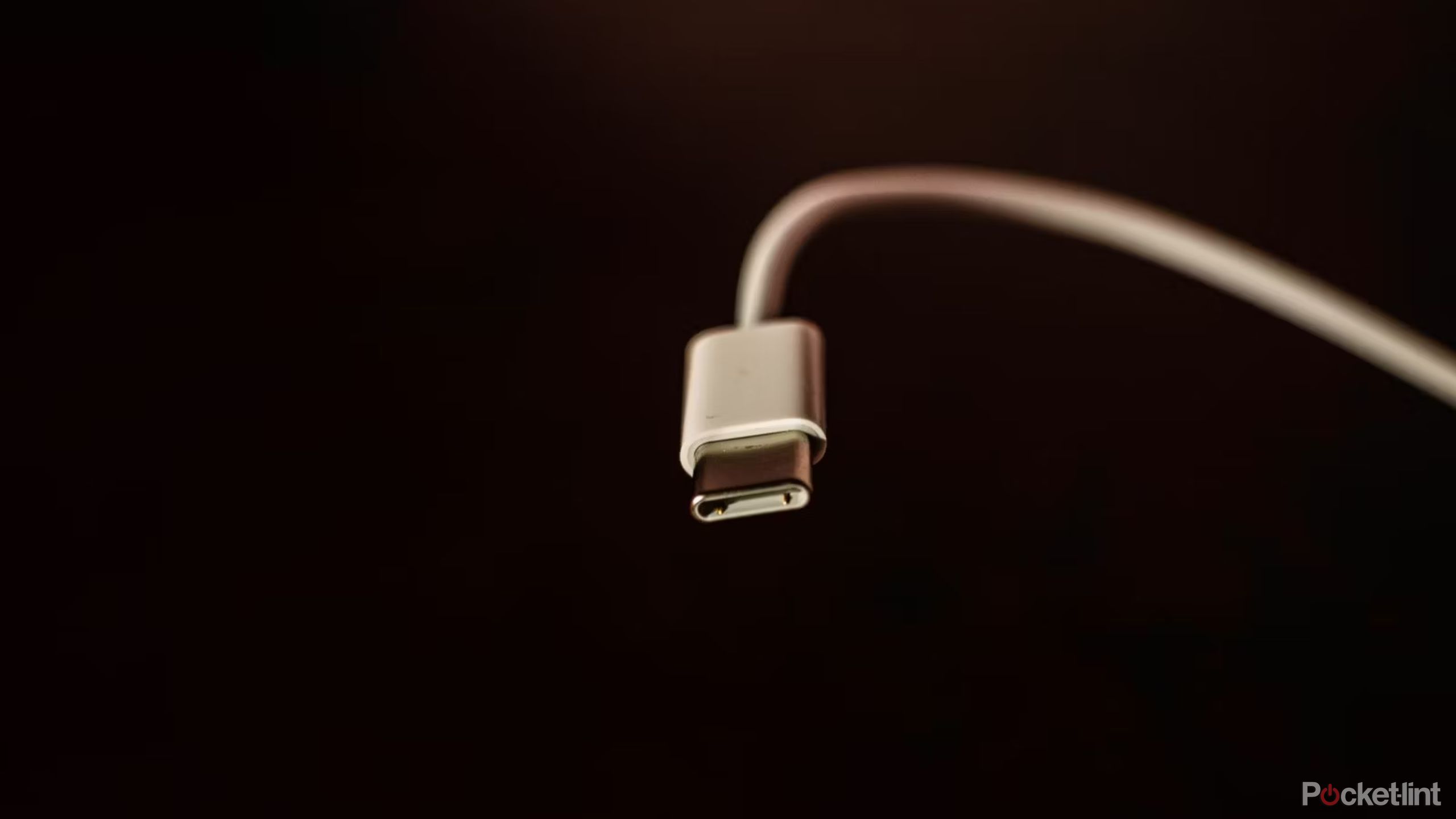
Is that this the primary time that Apple has needed to make adjustments to appease the European Fee?
This isn’t the primary time that Apple has modified one in all its merchandise to satisfy necessities put in place by the EU. In 2022, the EU mandated that each one small and mid-sized electronics bought by 2024 embody USB-C charging, with the identical rule making use of to laptops from 2026. The EU’s objective is to scale back digital waste and permit shoppers to make extra sustainable selections, and by having a single kind of cable for charging most digital merchandise, there will likely be a discount within the disposal of undesirable charging cables when individuals buy a brand new machine.
Up till the launch of the iPhone 15, each telephone for the reason that iPhone 4S in 2011 had featured the corporate’s personal Lightning connector. Nevertheless, to be able to meet the EU ruling forward of the compliance deadline, Apple started phasing out Lightning, beginning with the iPhone 15, iPhone 15 Plus, iPhone 15 Professional, and iPhone 15 Professional Max. Apple determined that promoting completely different variations of its iPhones in numerous areas did not make sense, so it made the change to all regional variants.
It is simpler for Apple to make software program adjustments which are restricted to particular geographical areas, such because the EU, so it is solely potential we’ll solely see Apple open up the iPhone’s cellular fee capabilities within the EU to appease regulators, whereas preserving it locked down elsewhere on this planet. A lot in the identical manner Apple’s expected to limit upcoming App Store changes to the EU.
Trending Merchandise

